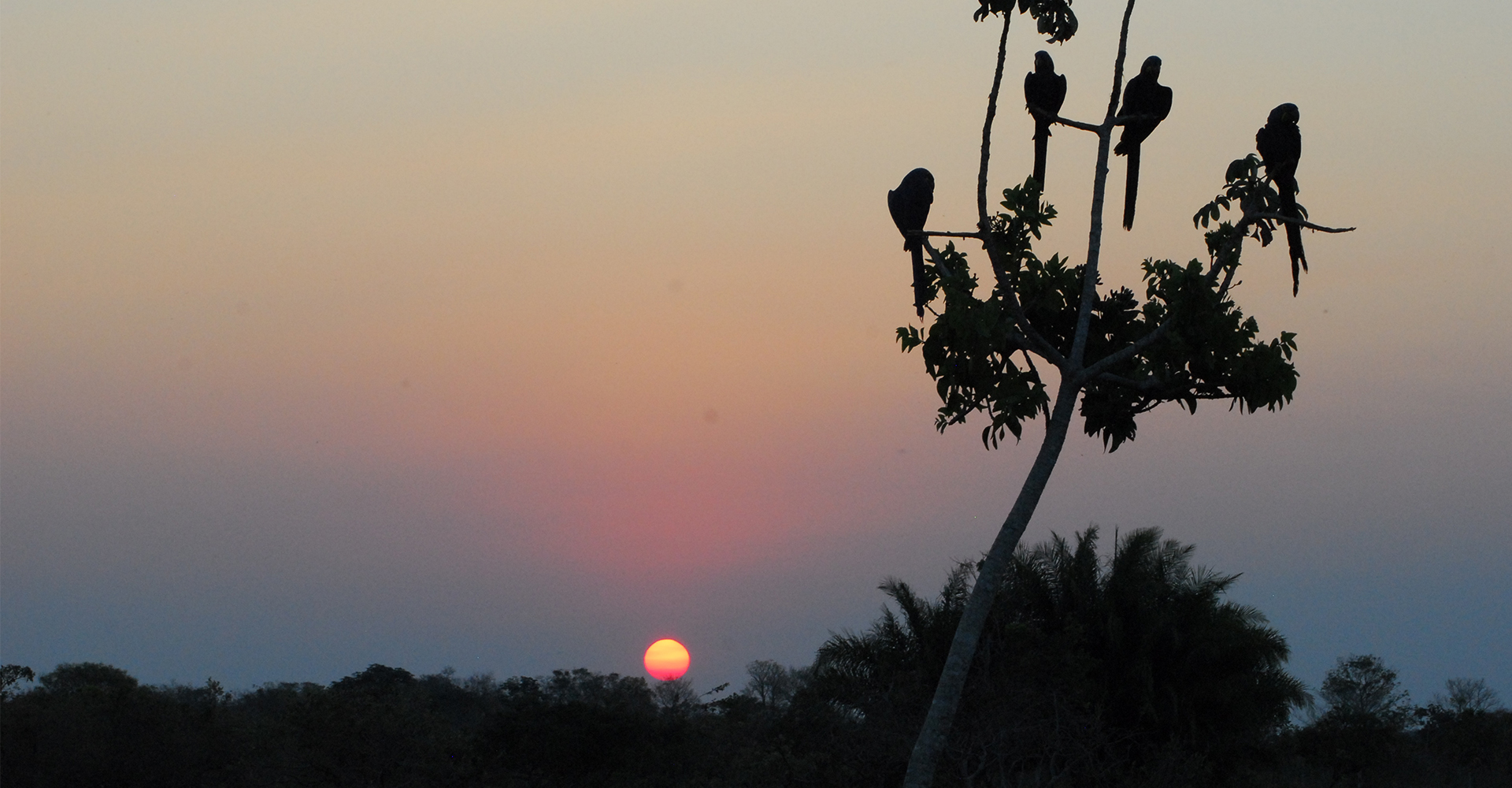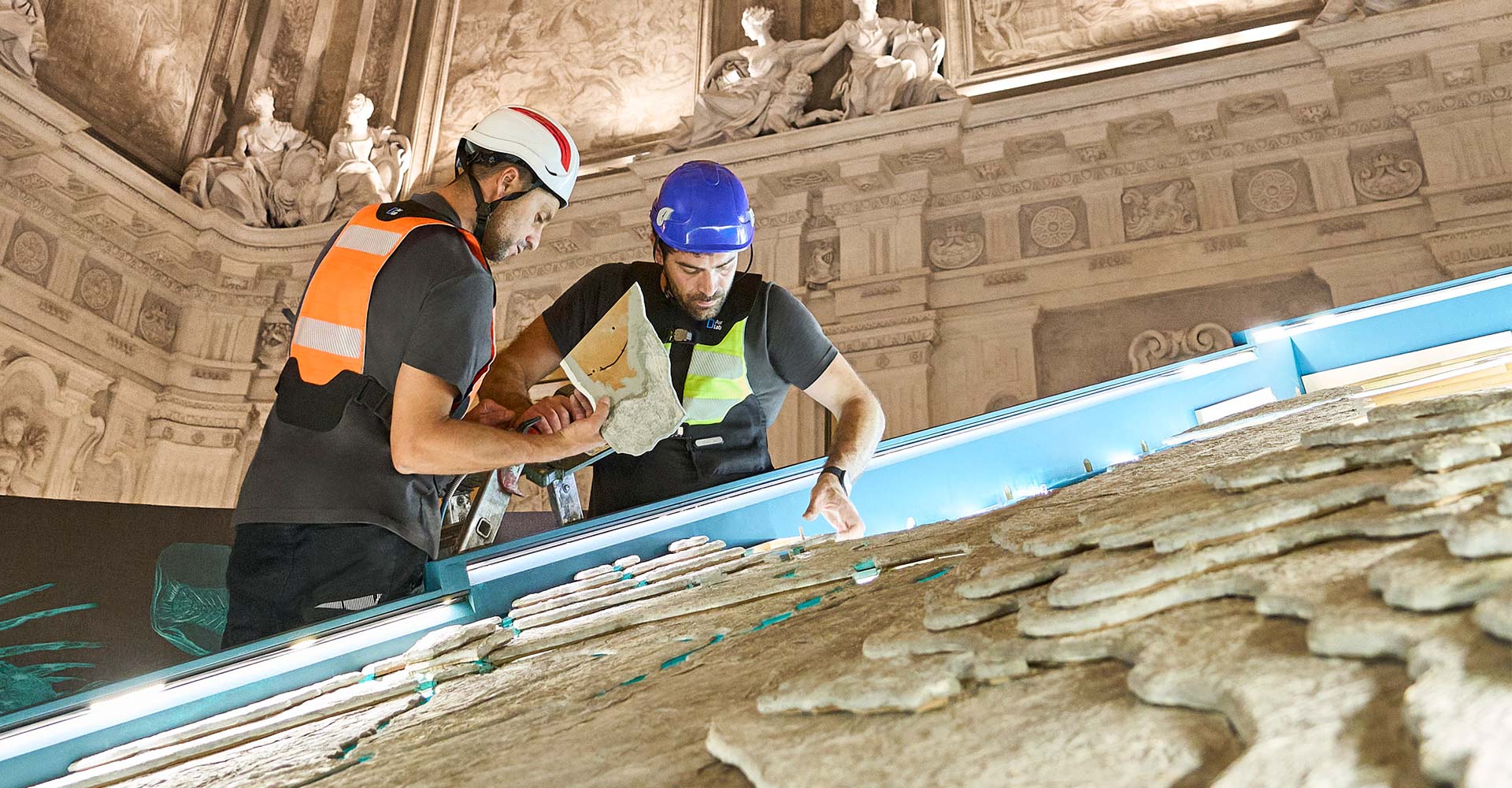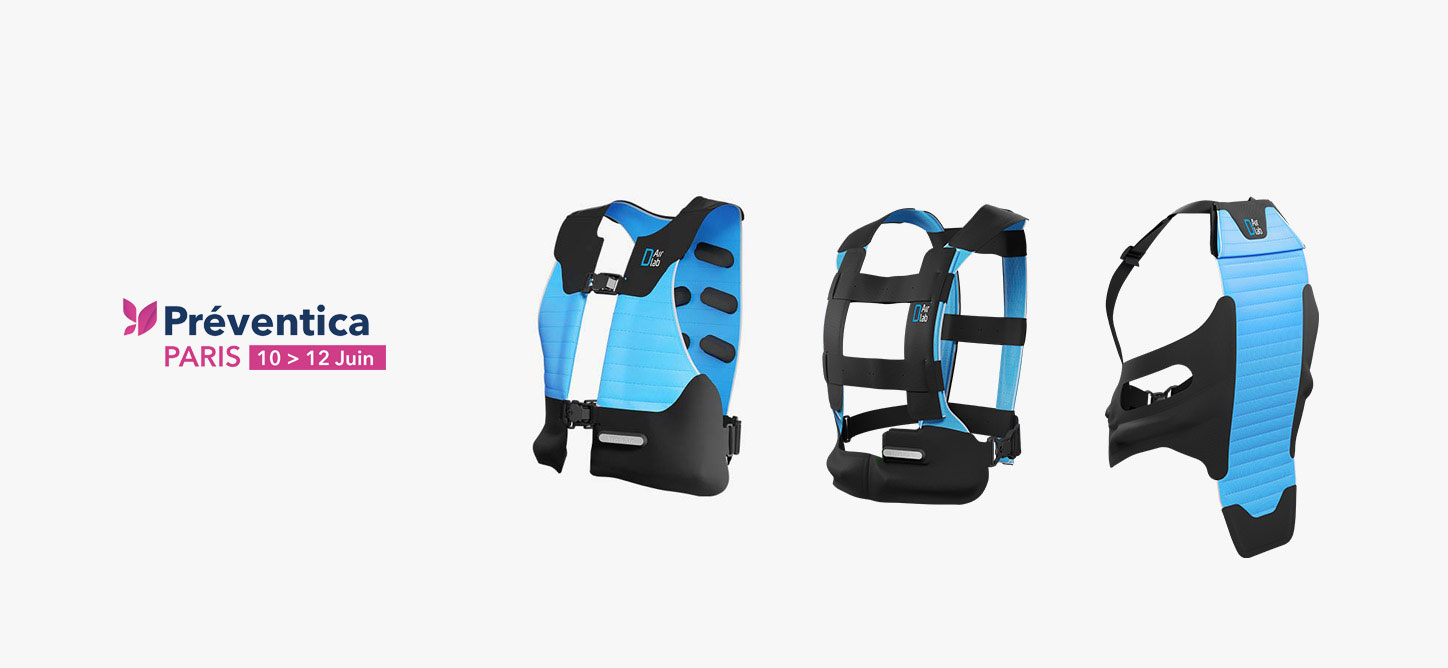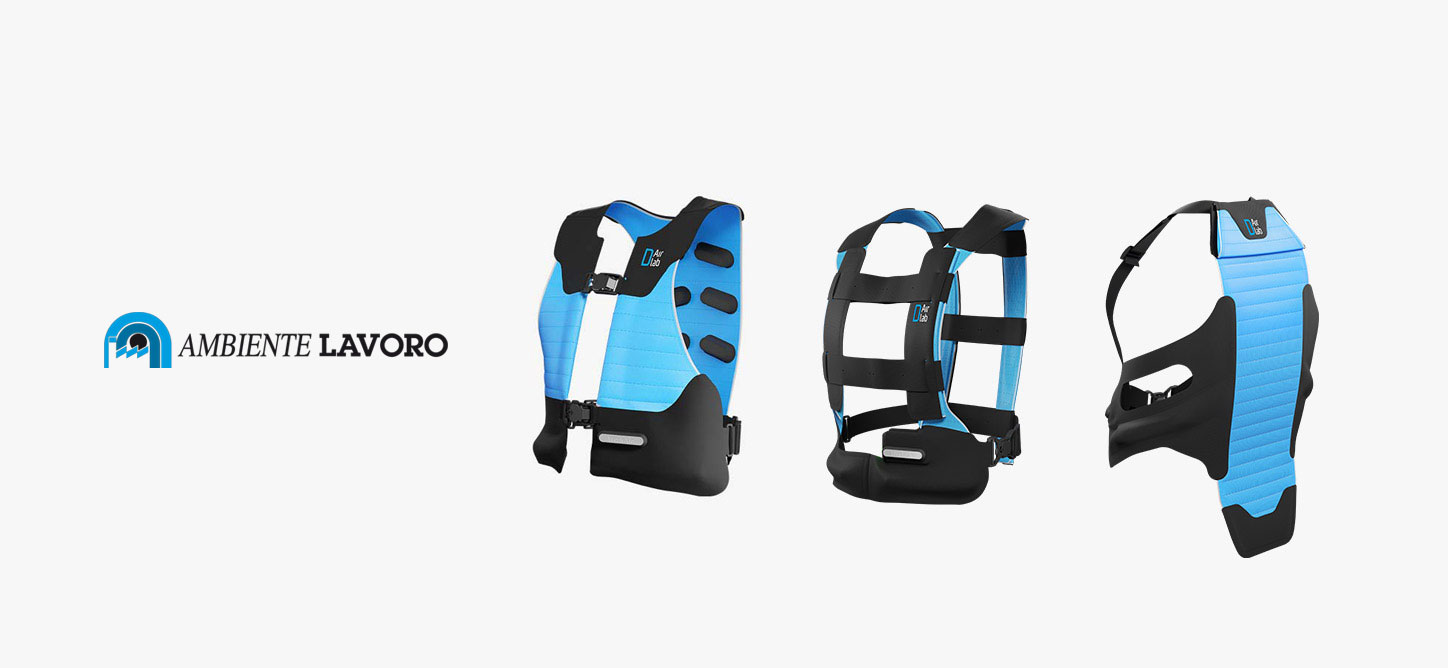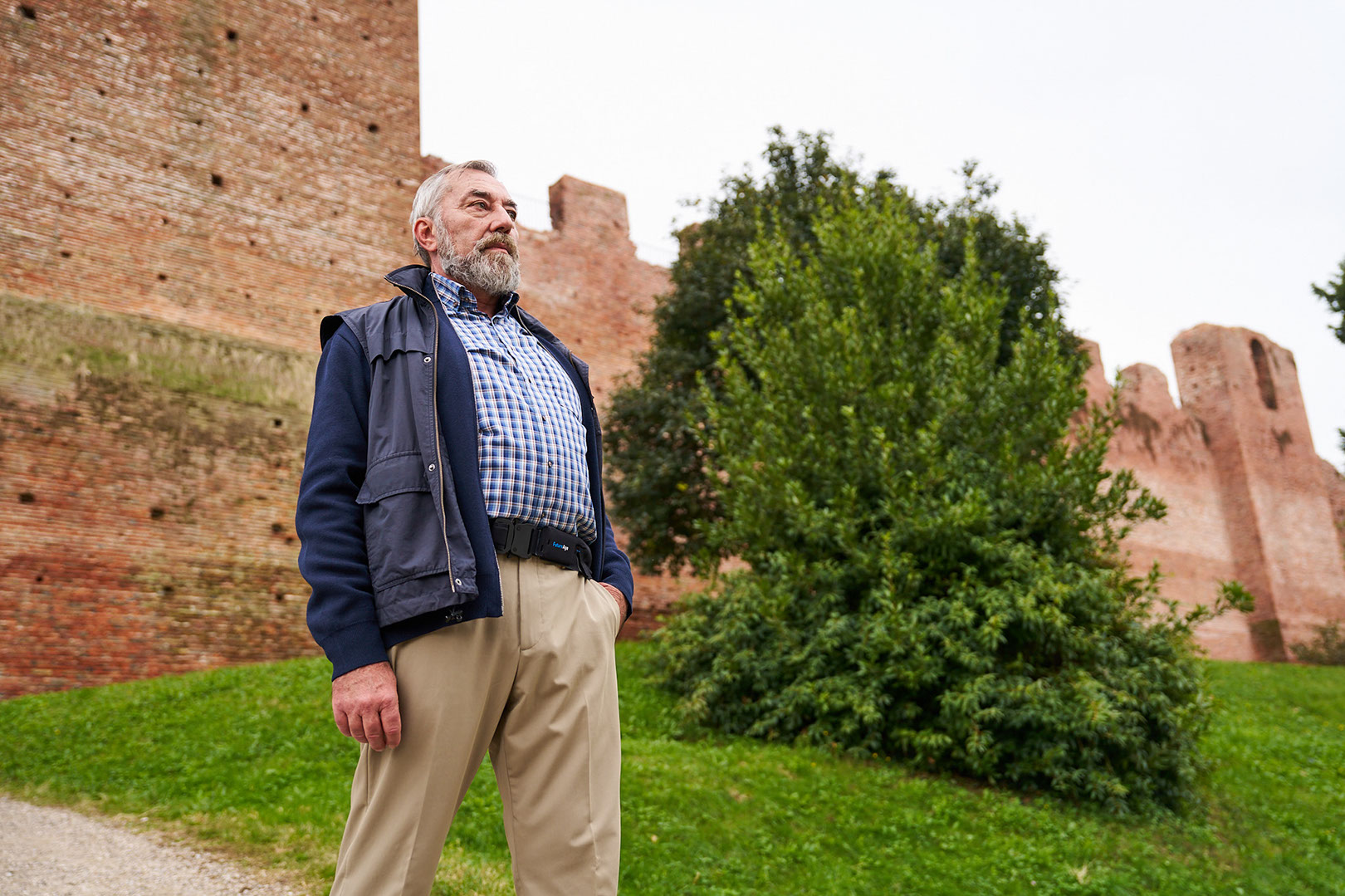D-Air Lab, already committed to reducing emissions, is officially Carbon Neutral in terms of its organization activities (Scope 1 & 2). In collaboration with Carbon Credits Consulting, the first step in reaching this milestone was a meticulous reporting of the remaining corporate carbon footprint for the year 2021, according to the GHG protocol and the subsequent offsetting of the latter. The emissions, amounting to 22 [t CO2 e], were offset through an offsetting operation using high-quality Carbon Credits certified according to the VERRA standard from a reforestation project in the Brazilian Cerrado forest, the tropical savanna with the highest rate of biodiversity in the world – Fazenda Nascente do Luar. This method of offsetting was chosen because, through the use of these credits, there is an opportunity not only to capture the CO₂ needed for offsetting, but also to contribute to the raising of the quality of life of local communities and an improvement in the biodiversity condition of the areas touched by the projects.
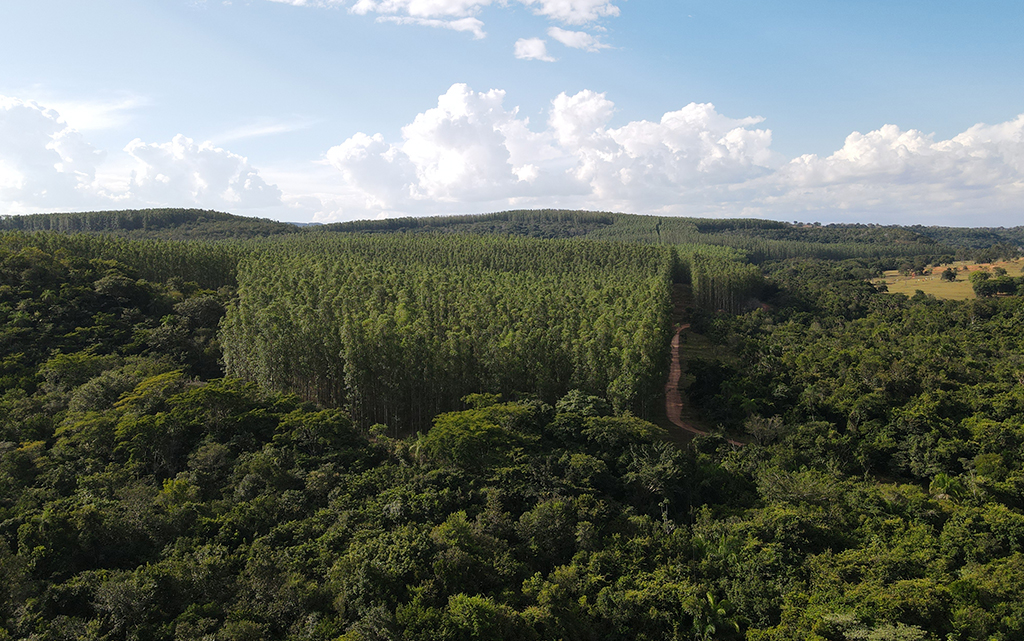
Fazenda Nascente Do Luar (FNL) – Agroforestry
The FNL project was created by the Bologna-based company Carbon Credits Consulting with the goal of sequestering CO₂ through the planting of 428,375 trees. There are numerous benefits this project has brought in addition to carbon sequestration. Through the reforestation of 342 hectares of totally degraded land, the soil surrounding the project area has increased its fertility, particularly its organic matter content, and, the increased forest cover has allowed for less water evaporation, a halt in soil loss during heavy rains, and a reduction in soil reflectivity (responsible for the so-called “greenhouse effect”).
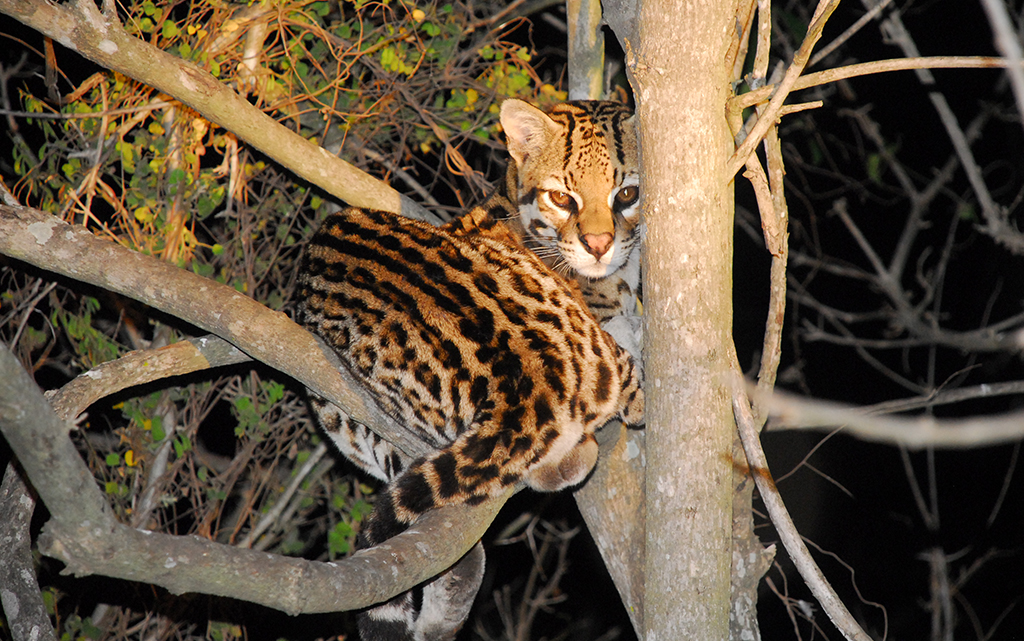
In addition, the so-called “Big 5 of the Cerrado” have been spotted several times in the project areas: the giant anteater, the jaguar, the maned wolf, the tapir, and, most recently, the ecosystem engineer: the giant armadillo. But not only that, a number of animal species considered by the International Union for Conservation of Nature (IUCN) as “endangered” and “vulnerable”-the Puma, the Chrysocyon, the Tapir, the Pampas Deer, the Giant anteater, and the beautiful Hyacinth Macaw-were also identified, species that without the protection of the area would no longer be found in the region.
CERTIFICATIONS:
